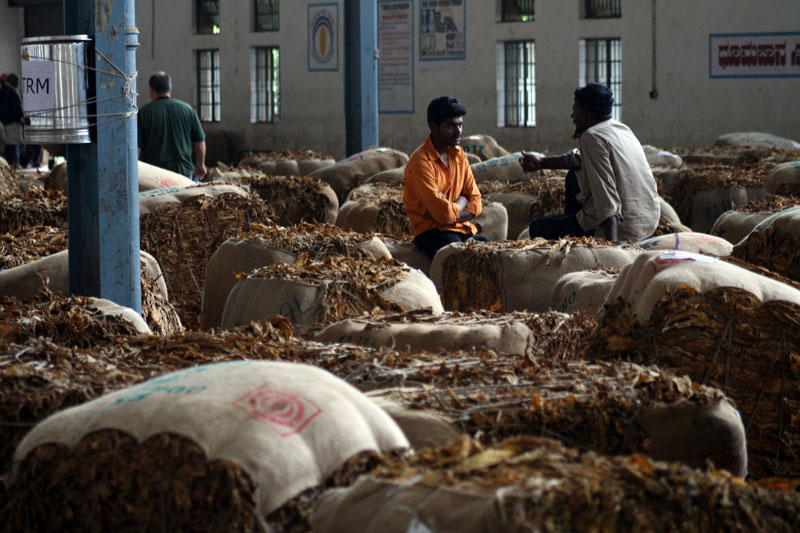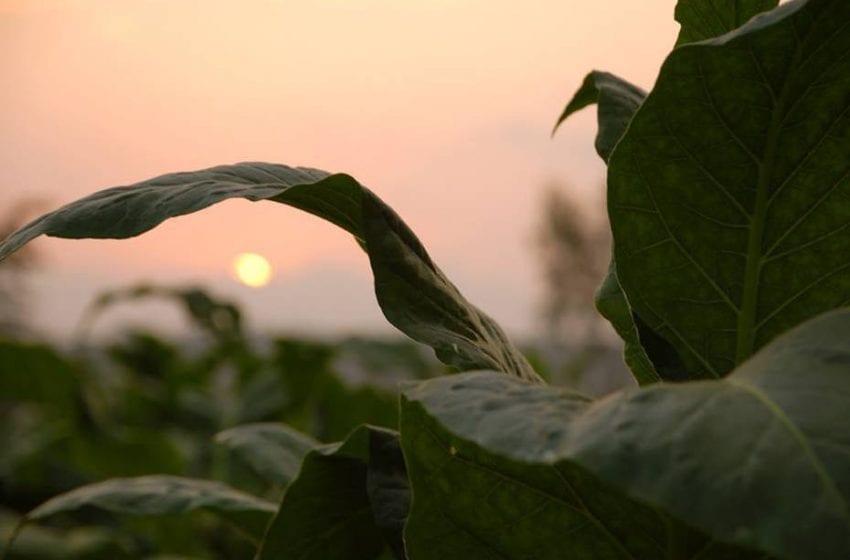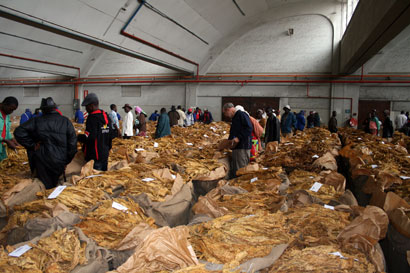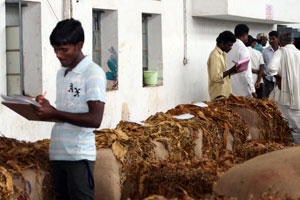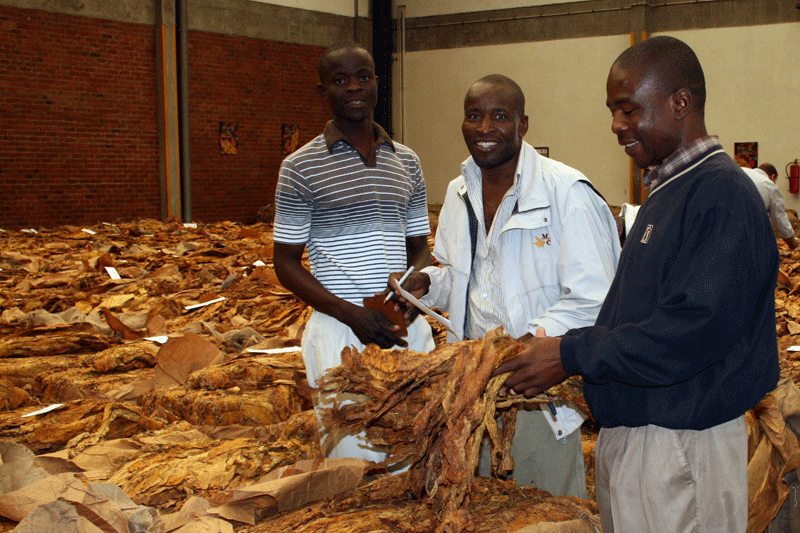The World Conference on Tobacco or Health (WCTH) has called upon governments to develop plans by 2021 for phasing out the sale of tobacco products.
In a statement, the WCTH, which held its 17th conference in Cape Town, South Africa, on March 7-9, also made 10 declarations.
In a preamble to the declarations, the WCTH said the tobacco epidemic represented one of the biggest public health threats the world had ever faced.
‘Tobacco use kills more than seven million people each year, and the vast majority of these deaths take place in low- and middle-income countries.
‘The global economic cost of smoking amounts to nearly two trillion dollars and two percent of the worlds GDP in 2016.
‘Tobacco use also undermines sustainable development, imposing a huge burden on the global economy, exacerbating poverty, contributing to food insecurity, and harming the environment.
‘There is an irreconcilable conflict between the manufacture and marketing of tobacco products and the right to health.
‘The tobacco industry is a driver of poverty and linked to child labor, violation of workers’ rights, food insecurity and exploitation of farmers. African governments need to take concrete and urgent action to implement alternative livelihoods that are the rich sources of income free from tobacco.
‘Ending the scourge of tobacco and achieving the SDGs [sustainable development goals] will require urgent action.
‘Therefore the 17th World Conference on Tobacco or Health affirms the following:
- We call on governments to unite with civil society to stop tobacco industry interference and accelerate implementation of the WHO FCTC [World Health Organization Framework Convention on Tobacco Control] using a whole-of-government approach.
- We urge governments, scientists, research entities, foundations, and civil-society organizations to reject or cease engagement with the Philip Morris International-funded Foundation for a Smokefree World and other initiatives of the tobacco industry
- We adopt the Cape Town Declaration on Human Rights and a Tobacco-free World (https://unfairtobacco.org/wp-content/uploads/2018/03/Cape-Town-Declaration_Human-Rights_Tobacco-free-World-1.pdf).
- We call on African governments to operationalize the Addis Ababa Action Agenda on financing for development that recommends increasing tobacco taxes as an untapped, sustainable domestic resource mobilization strategy, for accelerating the implementation of the WHO FCTC in Africa.
- We call on Parties to actively engage in the development of the WHO FCTC Medium Term Strategic Framework and Plan and to endorse them at the forthcoming eighth session of the Conference of the Parties of the WHO FCTC.
- We support the concept of a tobacco-free generation and commit to empowering youth involvement and advocacy as a means to achieving a tobacco-free world (http://wctoh.org/news/youth-pre-conference-delegates-unite-to-build-a-tobacco-free-generation/).
- We call on Finance Ministers to actively support the WCTOH 2018 Declarations by prioritizing sustainable funding for tobacco control and ceasing public and private investment in the tobacco industry.
- We call on governments to extend as a priority, fiscal policies to continually decrease the affordability and accessibility of tobacco products
- We call on the Parties to the WHO FCTC to integrate gender-based data-collection and reporting into Party reports to the Conference of the Parties [COP] on their implementation of the WHO FCTC by COP9.
- We call upon the International Labour Organisation (ILO) to align with the decision of the UN Economic and Social Council (ECOSOC) and end its collaboration with the tobacco industry immediately.’


